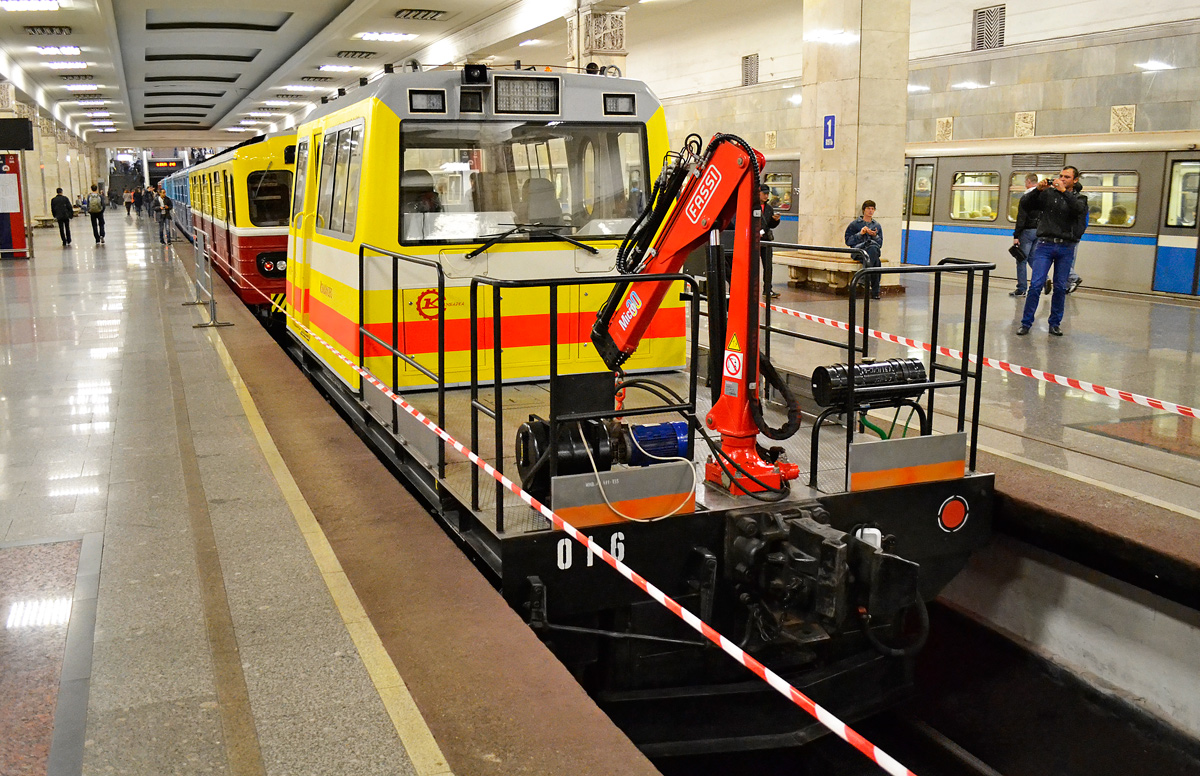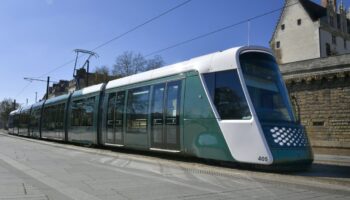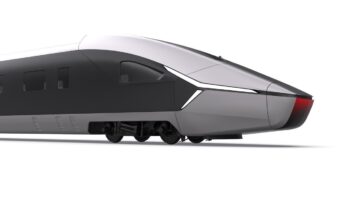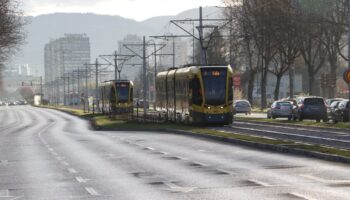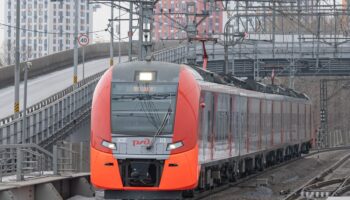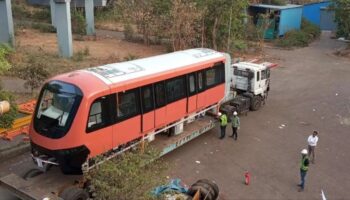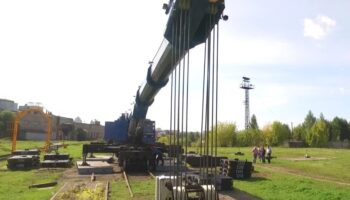Russia: Tikhoretsk Machine Construction Plant (TMCP) offered the lowest price. The vehicles should begin to be delivered a year after the signing of the contract.
UPD: On September 28, the customer declared TMCP as evading the conclusion of the contract due to an inappropriate bank guarantee, although he promptly received a corrected document from the bank. As a result, on October 19, a contract for 41 track maintenance vehicles was signed with Metrowagonmash (part of TMH).
Thus, TMCP declared its readiness to fulfill the contract and supply 38 vehicles for 1.365 bln RUR ($21.9 mln USD or $576k per unit). TMCP outperformed Metrowagonmash (part of TMH) in the tender by making an offer 6.9 mln RUR ($110k) lower in price.
According to the tender requirements, the new rolling stock is to be designed to replace the obsolete fleet of such vehicles, as well as to improve the efficiency of track maintenance. The emissions level should also be decreased: the supplier is to produce vehicles with Euro III diesel engines.
The vehicles must have a hydromechanical automatic transmission, two moving axles (0-2-0 wheel configuration), a design speed of 60 km/h, pass curves with a radius of 50 m, and have a cabin passenger capacity of 6 people. Also, the vehicles must have SA-3 automatic couplers complete with a transition device for working with the Scharfenberg coupler of the Metro type and transporting cargo with a trailer weight of 200 tons on a straight section of the track.
The rolling stock should begin to be supplied one year after the signing of the contract and be fully delivered within 270 days. A comparison of the TMCP portfolio with the tender requirements shows that TMCP will have to develop a new track maintenance vehicle. In 2013-2015, The MTK-1 track maintenance vehicles were produced by the Kambarsk Machine-Building Plant for the Moscow metro in 2013-2015.
In the summer, TMCP stated to Interfax that it plans to increase the production of 75 track vehicles in 2022 (+9% compared to 2021). This figure includes the manufacturing of 55 motor railcars and 13 track maintenance vehicles. The production volume should exceed 3.3 bln RUR ($53 mln, +38% by 2021).



